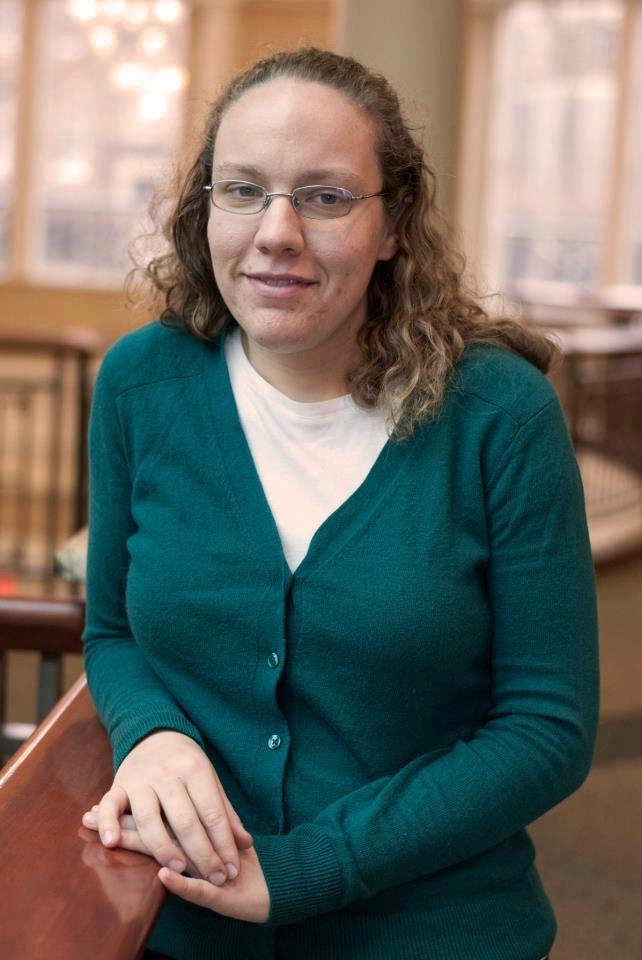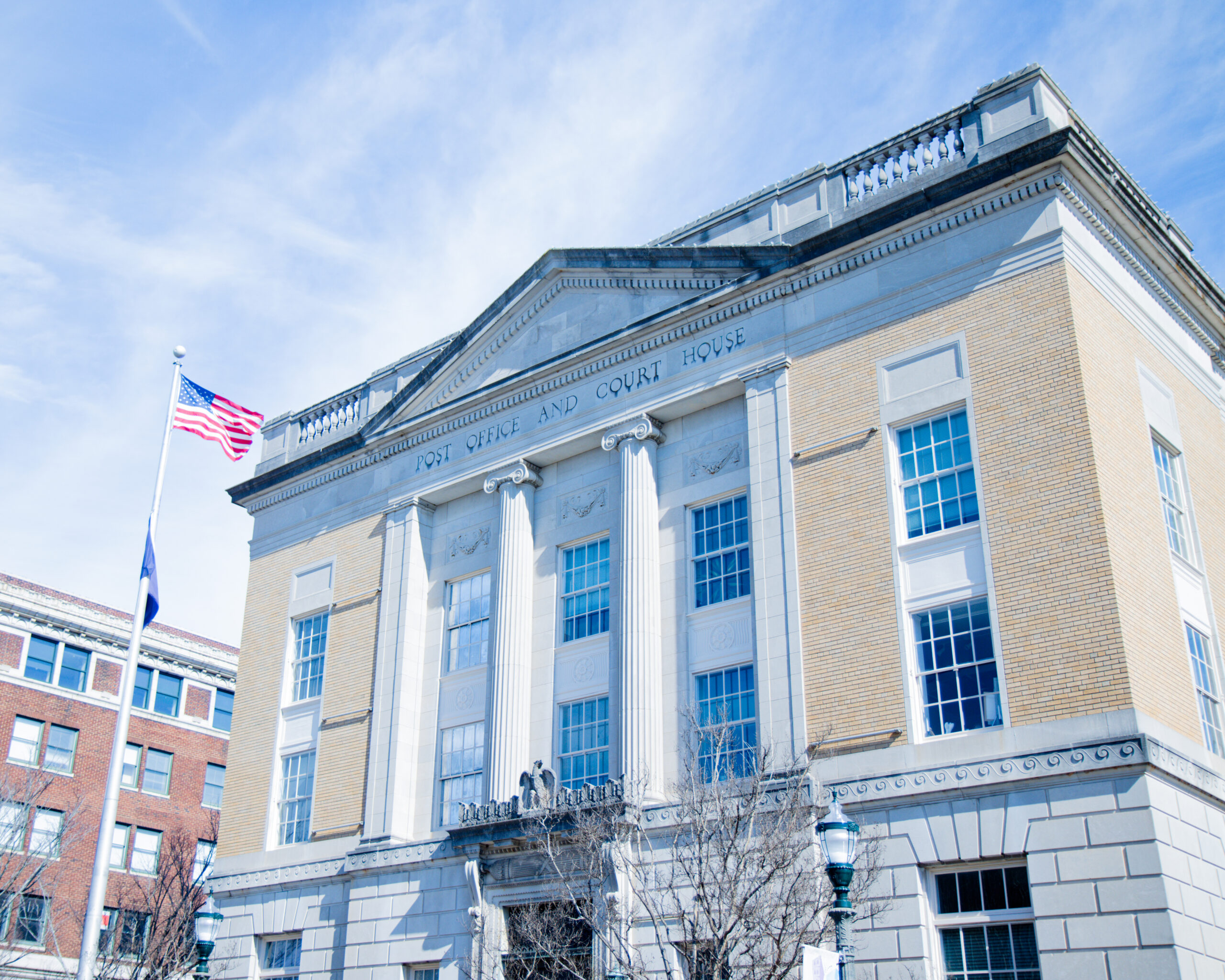Patricia Riley first came to Winthrop in 2012 as the Americorp Vista for the Carolina Campus Compact working in Career and Civic Engagement. She worked as that Vista for two years before leaving and going to The Ohio University to receive her bachelor‘s degree in education. She then came back to Winthrop in 2014 as the Assistant Director of Student Activities for student organizations and leadership.
Before this, she received her undergraduate degree from the College of Western Sociology. Like any typical college student, she pursued several different avenues before finding her passion in education. Riley took some time to stress the importance of knowing that success isn’t a straight path and devolved into sharing some of the activities that she’s been a part of.
“There’s no straight path to career success, but I do think that Winthrop has been a great place for the last five years and that I’ve really enjoyed working with our wide range of student organizations and our emerging leaders, LIFT Conferences, our collegiate leadership team, all the activities we’ve done, all the work trips done, the homecoming, Paint the Town, therapy dog program, voting ambassador initiatives, as well as all of the escape rooms I’ve created and lockbox challenges that have happened across campus,” Riley said.
After having been in charge of over 175 different campus organizations and helping to put on 77 events with a total of 660 different leaders, Riley had a lot to tips for the incoming class and all of the future and current leaders on campus that would want to create their own clubs or programs.
“What I think is the key thing to do is: if you don’t see an organization that appeals to you, you can start your own. We start 10 to 15 new organizations every year just based on student interest. I think the big thing for those that are in student organizations is remembering to work together, to think outside the box when promoting events and programs,” Riley said.
Riley said that she thinks that sometimes students can get stuck thinking “that the same group may or may not show up” and added that it is also possible to “get fixated on our own little circles.”
Riley said that it is important for those who are starting new organizations to know what separates their organization from others on campus. She said that students should think about what makes their potential organization unique and what it will bring to student life.
“I also think it’s really important that you listen to your members, and remember that you work together,” Riley said. “Student organizations are not just one person. [The] key word there is that it’s an organization.”
“Keep thinking, keep dreaming, keep getting bigger,” Riley said.
Riley used the example of student organizations wanting to increase the amount of members which is important for the leadership of the individual groups to formulate and enact a plan to accomplish their goals. Riley said that it is important to “make those goals actionable instead of just a vision, because how is your vision going to turn into action?”
She also said that it is important to find the potential in some of the underclassmen for leadership roles.
“It’s all about empowering and encourages these new leaders, so when it comes time for election in your organization, your organization will be sustainable for years to come. Too many [organizations] don’t remember how to transition officers or don’t want to give up the reigns and we need you guys to understand that we want you to leave the organization better than when you found it,” Riley said. “There’s plenty of things on the OSA website … too many people don’t use them. It’s not their fault but you don’t know what you know until you realize you don’t know it. There’s no dumb questions when it comes to your organzation, but also think critically about how to think about it.”
“That’s a really hard question. I always say in my leadership class ‘I learn just as much from you guys as I hope you learned from me,’” Riley said when asked what was the most impactful experience for her during her time at Winthrop. “I think Winthrop has been a special place because I have learned so many different things.”
“I think a lot of it is being open and knowing that each and every student matters Regardless of their major, political beliefs, [what they are] involved in, et cetera, they all matter and this campus needs to be home [to] each and every one of them. Making sure that my office is a safe space for all students and making sure I know students names and being visible and being as much of a presence as possible,” Riley said about what she has learned from Winthrop and will take with her.
“I think it’s important to remember that when you think outside the box go beyond what’s expected, it’s about not being afraid to take a chance but also trying to make things better than what they were before,” Riley said. “Because Winthrop has such a unique student body and we’re unique here in South Carolina, I think the conversations that are had and the organizations we have and the leadership conversations we have are not the same anywhere else.”
“Go to everything you can, don’t sit in your room all day, put your phones down, engage in conversation, do a puzzle, think critically, [and] try something new because you never know what could be your next passion,” Riley said.




